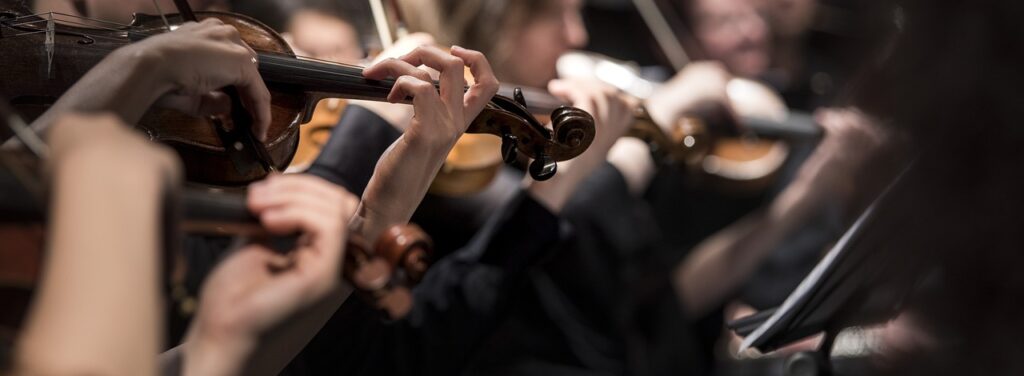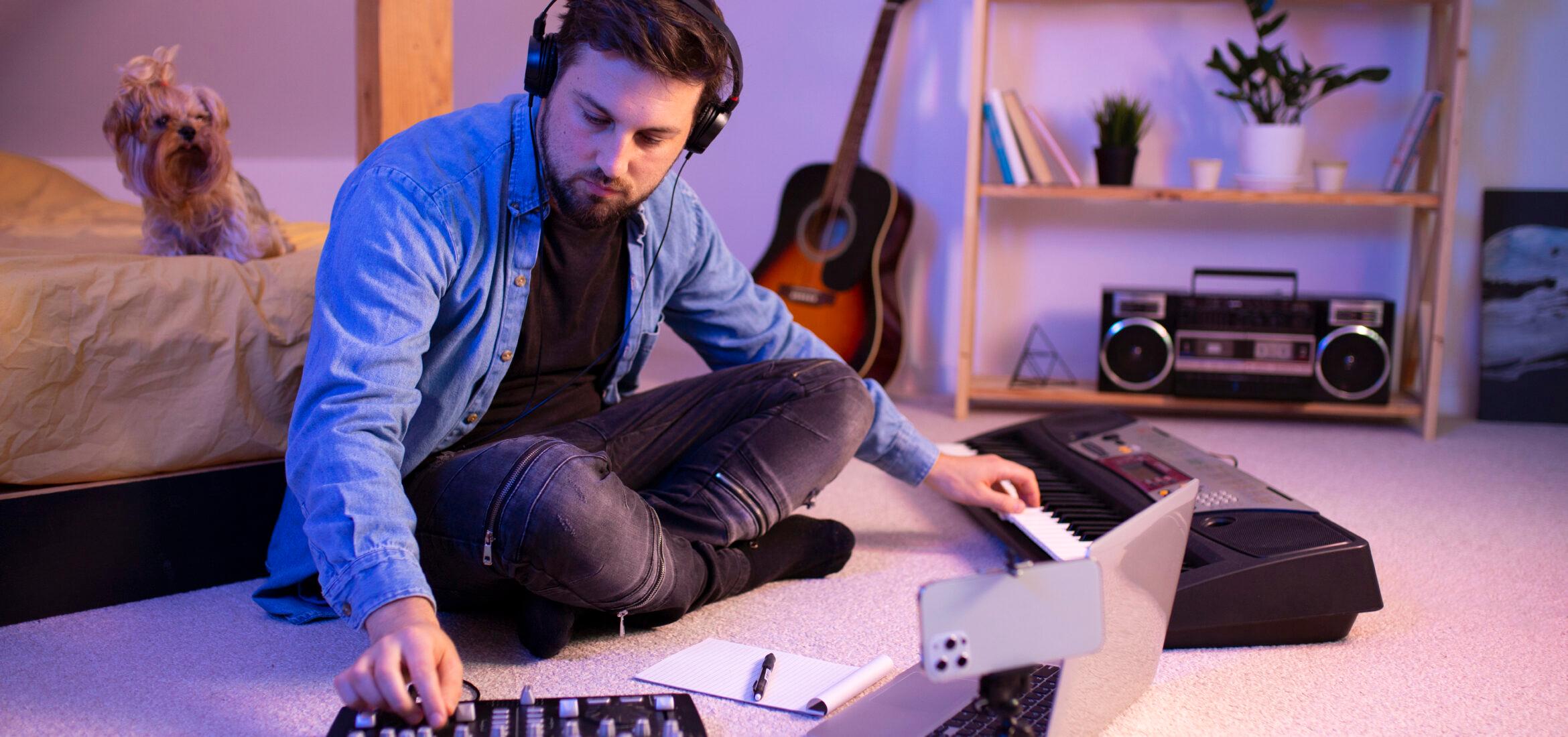Music collaboration is a powerful tool for creating innovative and memorable music. By bringing together diverse skills, perspectives, and experiences, music collaboration can lead to results that far exceed what any artist could achieve on their own. Whether it’s co-writing a song, producing a track, or blending different genres, collaboration in music unlocks creative possibilities that might otherwise remain unexplored.
However, like any creative process, music collaboration comes with its challenges. From navigating creative differences to managing schedules and addressing legal or financial concerns, working with others demands more than just artistic talent. Successful music collaboration requires clear communication, flexibility, and careful preparation to overcome these obstacles.
Whether you’re an experienced professional or new to the art of music collaboration, understanding how to tackle these common issues can transform your partnerships into a source of inspiration and success. In this article, we’ll dive into the key challenges of music collaboration and share actionable strategies to address them, helping you create productive and enjoyable creative relationships. Let’s explore how to master the art of music collaboration and turn potential roadblocks into opportunities for growth.

The Role of Music Collaboration
Collaboration has become a cornerstone of the music industry in today’s interconnected world. As technology evolves, the tools for music creation become increasingly accessible, leading to an oversaturation of content. In this environment, collaboration offers a way to stand out. By combining the skills, ideas, and perspectives of multiple individuals, collaboration allows for the creation of music that feels fresh, dynamic, and innovative.
The collaborative process also adds a layer of authenticity to your work. While artificial intelligence and advanced production tools streamline certain tasks, the human touch remains irreplaceable. Collaboration introduces emotion, intuition, and spontaneity that no machine can replicate. This blending of technology and human creativity enables artists to craft music that is both polished and deeply personal.
Whether in a studio with bandmates or remotely collaborating with producers and vocalists across the globe, the benefits of working with others extend far beyond the final track. It’s an opportunity to develop essential skills like communication, compromise, and problem-solving, all of which are critical for long-term success in the music industry.
The Emotional and Creative Benefits of Music Collaboration
Collaboration isn’t just about technical skills—it’s about building emotional connections and fostering creative chemistry. When you work with others, you open yourself up to new ideas and approaches that you might not have considered on your own.
For example, many artists face creative blocks at some point in their careers. This can be a frustrating experience, especially when working alone. A collaborator can offer a fresh perspective, helping you break out of your routine and explore new directions. Whether it’s suggesting a novel chord progression or reshaping the entire theme of a song, the input of a collaborator can be transformative.
Emotional support is another powerful benefit of collaboration. Music is a deeply personal art form, and having someone to share the creative journey with can make the process less isolating. The chemistry between collaborators often translates into the music itself, making it more relatable and authentic for listeners.
Consider iconic duos like Lennon and McCartney or the synergy between Beyoncé and Jay-Z. Their collaborative efforts not only resulted in timeless music but also showcased the power of mutual inspiration and a shared vision.
Leveraging Technology For Music Collaboration
The digital age has revolutionized music collaboration, offering countless tools to make the process seamless—even for artists in different parts of the world. These tools provide flexibility, accessibility, and endless opportunities to create music together.
Some of the most popular platforms include:
- Cloud-Based DAWs: Tools like Splice and Soundtrap enable real-time co-creation, allowing collaborators to work on projects simultaneously.
- File-Sharing Services: Platforms like Google Drive, Dropbox, and WeTransfer make it easy to exchange large audio files without sacrificing quality.
- Communication Tools: Apps like Zoom, Slack, and Discord keep collaborators connected and allow for instant feedback and brainstorming.
The key is to choose tools that align with your workflow. For instance, if you’re a producer working primarily with MIDI files, Splice might be the ideal platform. On the other hand, a simple shared document on Google Docs could suffice for lyricists collaborating remotely. These technologies also allow for asynchronous collaboration, making it easier for artists in different time zones or with varying schedules to contribute effectively.
How to Find the Right Music Collaborators
Finding the right collaborator can make or break a project. Here are some tips to help you identify the perfect partner:
- Skill Alignment: Work with someone whose skills complement yours. For example, if you’re a strong lyricist but lack production expertise, find a producer who can bring your ideas to life.
- Shared Vision: Ensure your goals and artistic direction align to avoid creative conflicts.
- Commitment Level: Collaborators should be as dedicated to the project as you are. Unreliable partners can derail progress and waste valuable time.

There are various platforms where you can find potential collaborators, such as SoundBetter, Fiverr, and social media. Networking events, music forums, and local jam sessions are also excellent opportunities to meet like-minded artists.
Remember, the best collaborations often start with genuine relationships. Building trust and rapport is essential for a successful partnership.
The Challenges of Collaboration and How to Overcome Them
While collaboration offers significant benefits, it also comes with challenges that can hinder progress if not addressed. The most common include:
Creative Differences
Differing visions or artistic styles can lead to disagreements. To overcome this, focus on open communication and a shared understanding of project goals. Be willing to compromise and prioritize what benefits the project as a whole. A collaborative approach to problem-solving, such as testing multiple ideas, can also help balance perspectives.
Scheduling Conflicts
Coordinating schedules, especially across time zones, can be challenging. Using shared calendars and project management tools can streamline coordination. Setting clear deadlines and allowing for flexibility ensures progress stays on track.
Legal and Financial Issues
Disputes over revenue splits, intellectual property, or ownership can derail projects. Avoid this by creating clear contracts before starting. Outline roles, rights, and responsibilities to protect all parties and reduce misunderstandings.
By preparing for these challenges and addressing them proactively, you can build stronger working relationships and ensure a productive collaboration. Clear communication, planning, and mutual respect are the foundation of any successful partnership.
Collaboration and Music Business Growth
Collaboration is not just about creativity; it’s a strategic tool for advancing your career in the competitive music industry. Partnering with other artists allows you to expand your audience by introducing your work to their fan base, increasing your visibility. It also enhances your credibility, as aligning with skilled professionals signals your dedication and professionalism to both listeners and the industry.
Moreover, consistent collaborations help strengthen your brand by shaping your unique sound and artistic identity. These partnerships often open doors to new platforms, resources, and opportunities, such as playlist placements, media coverage, or networking events, that might otherwise be inaccessible.
To maximize these benefits, approach collaboration with a business mindset. Set clear goals, establish agreements on revenue splits and intellectual property, and ensure mutual benefit. By fostering strong partnerships and professional relationships, collaboration can become a cornerstone of your growth and long-term success in the music industry.

Conclusion: Why Music Collaboration Matters More Than Ever
Music collaboration is more than just a creative exercise—it’s a pathway to growth, innovation, and success. It allows you to learn from others, break creative boundaries, and access opportunities that might otherwise be out of reach. In an industry that thrives on connection, collaboration is the key to standing out and staying relevant.
Whether you’re working with a trusted partner or branching out to collaborate with artists from different cultures, each experience offers valuable lessons and new perspectives. By embracing collaboration, you not only enhance your music but also build lasting relationships and a stronger foundation for your career.
So, take that leap. Reach out to potential collaborators, explore new ideas, and don’t be afraid to step outside your comfort zone. The future of your music could depend on it.
About the Author

Tim Dunphy
Audio Engineer and Specialized Content WriterOver 10 years experience working in the audio business. Everything from coiling up XLRs to mastering albums. I'm a self-made man and I keep my assets in Bitcoin. What more is there to know!?
Leave a comment
Log in to comment


